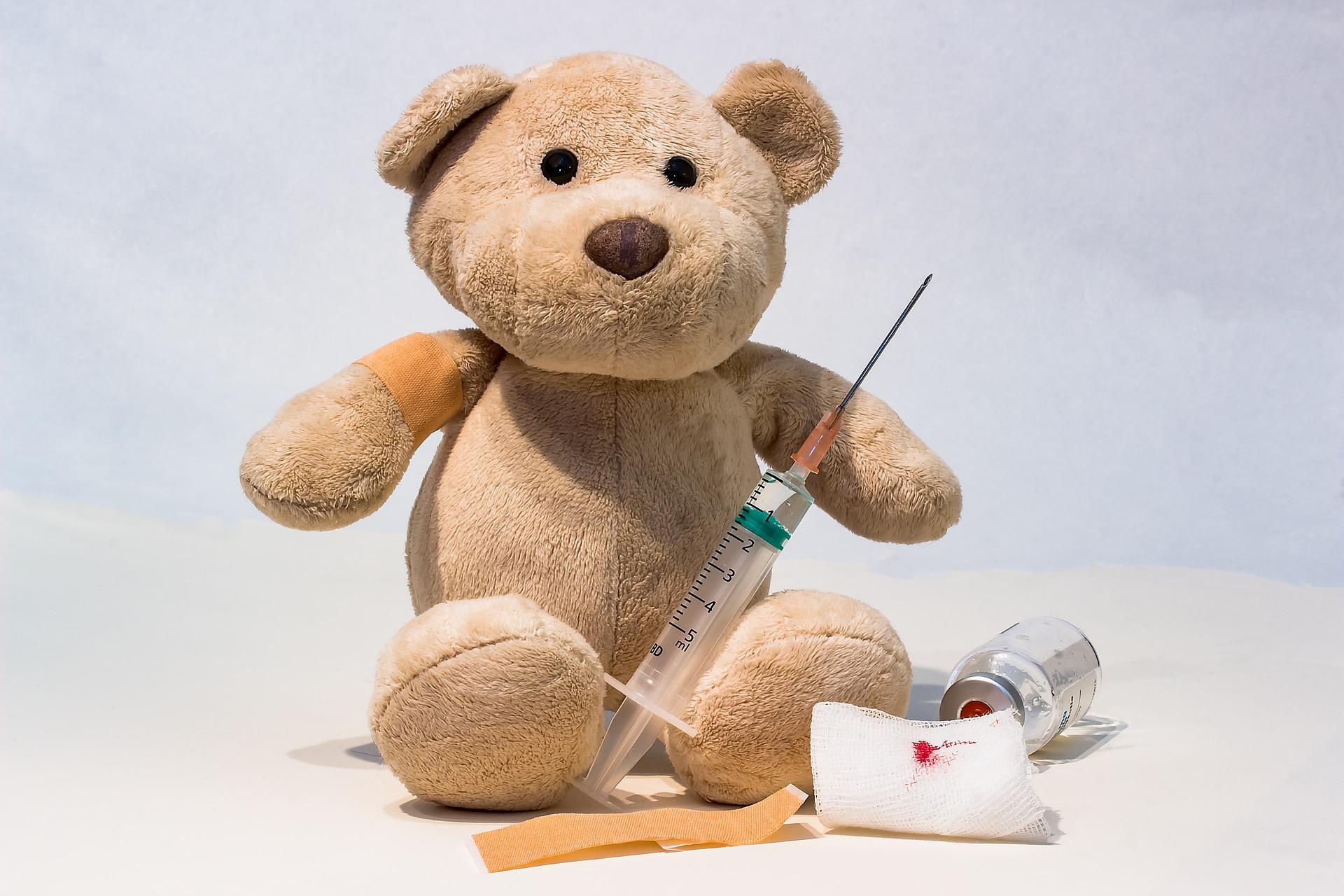
World Polio Day: Why the World Is Still Battling Polio
World Polio Day is observed every year on 24 October. World Polio Day helps raise awareness about polio vaccination and eradication of polio. The World Polio Day was established to commemorate the birth of Jonas Salk who led the first team to develop a vaccine against poliomyelitis. Polio, or poliomyelitis, is a disabling and life-threatening disease caused by the poliovirus. A virus that may cause paralysis and is easily preventable by the polio vaccine.
There are two types of vaccine that can prevent polio:
- Inactivated poliovirus vaccine (IPV) given as an injection in the leg or arm, depending on the patient’s age.
- Oral poliovirus vaccine (OPV) is still used throughout much of the world. Children receive doses of the vaccine by drops in the mouth.
The Polio vaccine protects children by preparing their bodies to fight the poliovirus.
CDC recommends that all children get four doses of inactivated polio vaccine (IPV), with one dose at each of the following ages:
- 2 months old,
- 4 months old,
- 6 through 18 months old, and
- 4 through 6 years old.
All children who have received three doses of IPV before age 4 years should receive a fourth dose at 4 to 6 years of age
Why the World Is Still Battling Polio.
Polio does still exist, although polio cases have decreased by over 99% since 1988, from an estimated more than 350 000 cases to 22 reported cases in 2017. This reduction is the result of the global effort to eradicate the disease. Today, only 3 countries in the world have never stopped transmission of polio Pakistan, Afghanistan and Nigeria.
Some parents even believe that the vaccine contains ingredients prohibited in Islam, or that the vaccine is a Western ploy to sterilize Muslims.
Videos originating in Peshawar in April 2019 showed children fainting, vomiting and holding their stomachs in pain after receiving polio drops. The fake videos boomeranged around the country on Facebook and WhatsApp. Caused a chaos among parents of infants.
The vaccine can mutate and cause harm to the non- vaccinated children (only found in Pakistan, Afghanistan, Nigeria)











